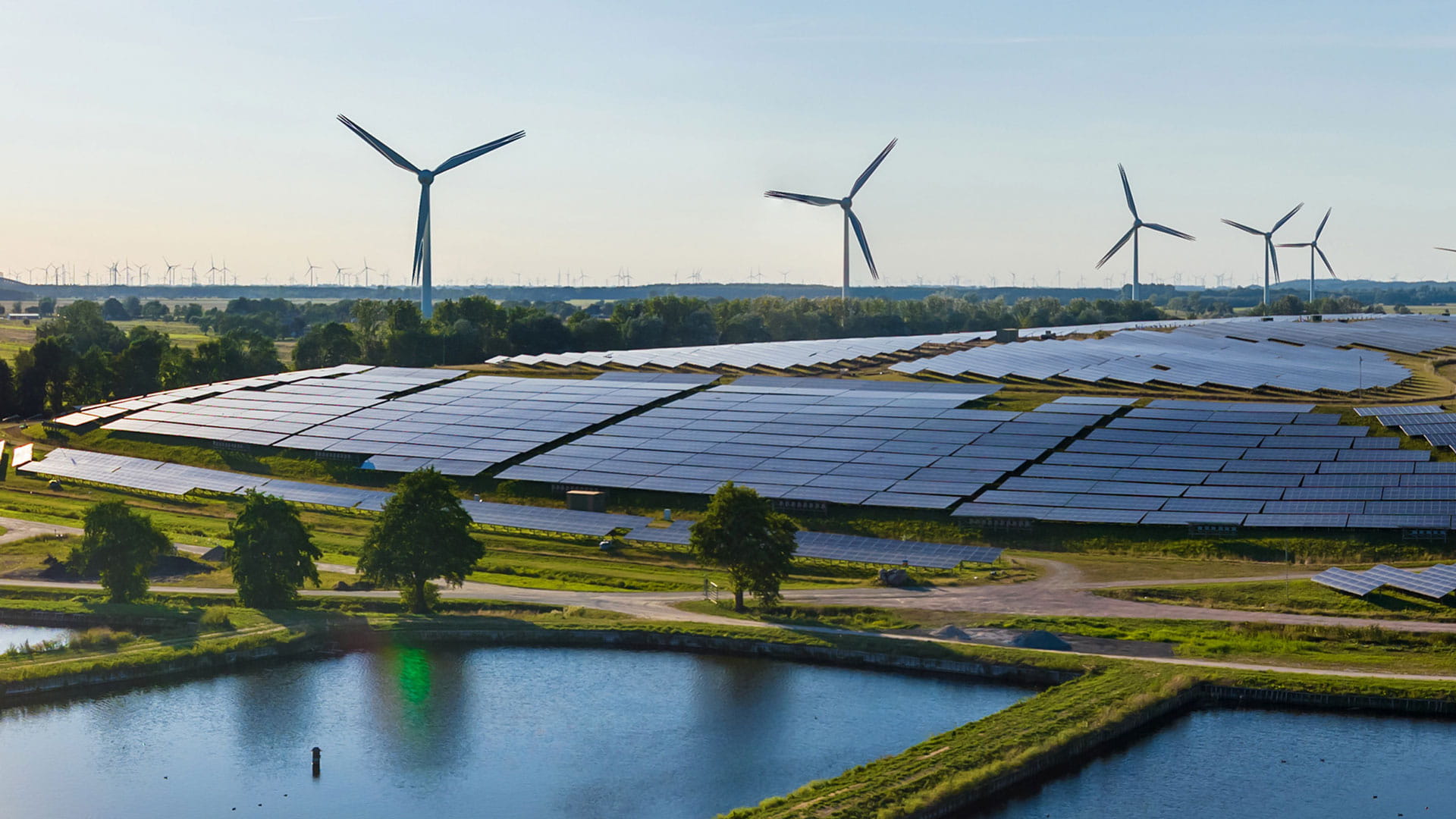Porthos CCS project: pioneering carbon storage solutions

Project facts
- ClientPorthos (Port of Rotterdam, Gasunie, and EBN)
- LocationThe Netherlands
- ChallengeMapping the risks in the environmental, social and health fields and assisting Porthos with the preparation of permit and license applications.
- Date2018-2026
- SolutionThorough studies to enable our client to make informed decisions and address environmental challenges efficiently. We also supported Porthos and governmental organisations with procedures and stakeholder management.
Challenge
The Porthos project, an initiative led by the Port of Rotterdam, Gasunie and EBN, is at the forefront of carbon capture and storage (CCS) technology. Porthos will collect CO2 from various industrial emitters in the Port of Rotterdam through a low pressure (30 bar) gathering pipeline, compress it to 130 bar at the compressor station, transport it to the P18-A offshore platform through a subsea pipeline and subsequently inject it into the depleted TAQA P18 gas field beneath the North Sea. The target is to inject 2.5 million tones of CO2 per year for a period of 15 years.
The project presented several challenges. Transporting CO2 through Rotterdam’s busy port requires detailed spatial planning to minimise nuisance and disruptions, while offshore pipelines and installations must consider the environmental impacts on marine life and water quality. Furthermore, stakeholder management was crucial, to optimise coordination with all stakeholders, including cable and pipeline owners, and facilitate smooth project progress. Successfully navigating these complexities was essential to achieving the necessary permits and ensuring the project’s viability.
Solution
Royal HaskoningDHV was involved in the project’s early stages, where our expertise in environmental, social, and health impact assessments (ESHIA) formed a principal factor in the project design and development. We worked closely with TAQA on storage plans and permits, conducting comprehensive environmental studies to assess potential impacts on local ecosystems, marine biodiversity, and public health. This early involvement ensured that environmental risks were identified and addressed before any investment decisions were made, providing Porthos with a clear path forward.
Our team supported the detailed stakeholder analysis, identifying key players ranging from environmental organisations to governments and industry leaders. We worked alongside our client to address concerns, particularly regarding the safe handling and storage of CO2. Our environmental experts, including ecologists and safety specialists, studied the potential impacts on marine ecosystems, such as fish populations near the pipeline routes, and developed risk mitigation strategies. These assessments played a crucial role in shaping the design and operational phases of the project, ensuring it met strict regulatory standards.
Throughout the project, we prepared all the necessary legal documents required for the permit applications. This involved conducting detailed environmental studies on noise, air quality, external safety and nitrogen emissions, all of which were critical to securing the permits needed to move forward. Our collaborative approach ensured that all environmental concerns were integrated into the project design, reducing risks and facilitating the approval process.

Results
As one of the first large-scale CCS projects in Europe, Porthos marks an important step in reducing industrial CO2 emissions through CCS technology. Our support in environmental impact assessments and stakeholder management has contributed to securing the necessary environmental permits and storage licenses, helping the project move toward the operational phase.
With the capacity to store 2.5 million tonnes of CO2 annually, the project plays a key role in meeting the Netherlands’ climate goals and sets a valuable example for future CCS projects across Europe. Achieving international climate targets is nearly impossible without CCS technology. The Dutch government’s substantial investment in CCS is driven by the necessity of these solutions to meet emissions reduction commitments. By offering a comprehensive service approach, we helped our client make informed decisions and address environmental challenges effectively.
Always up-to-date on latest energy insights?

